The Anti-Cancer Diet
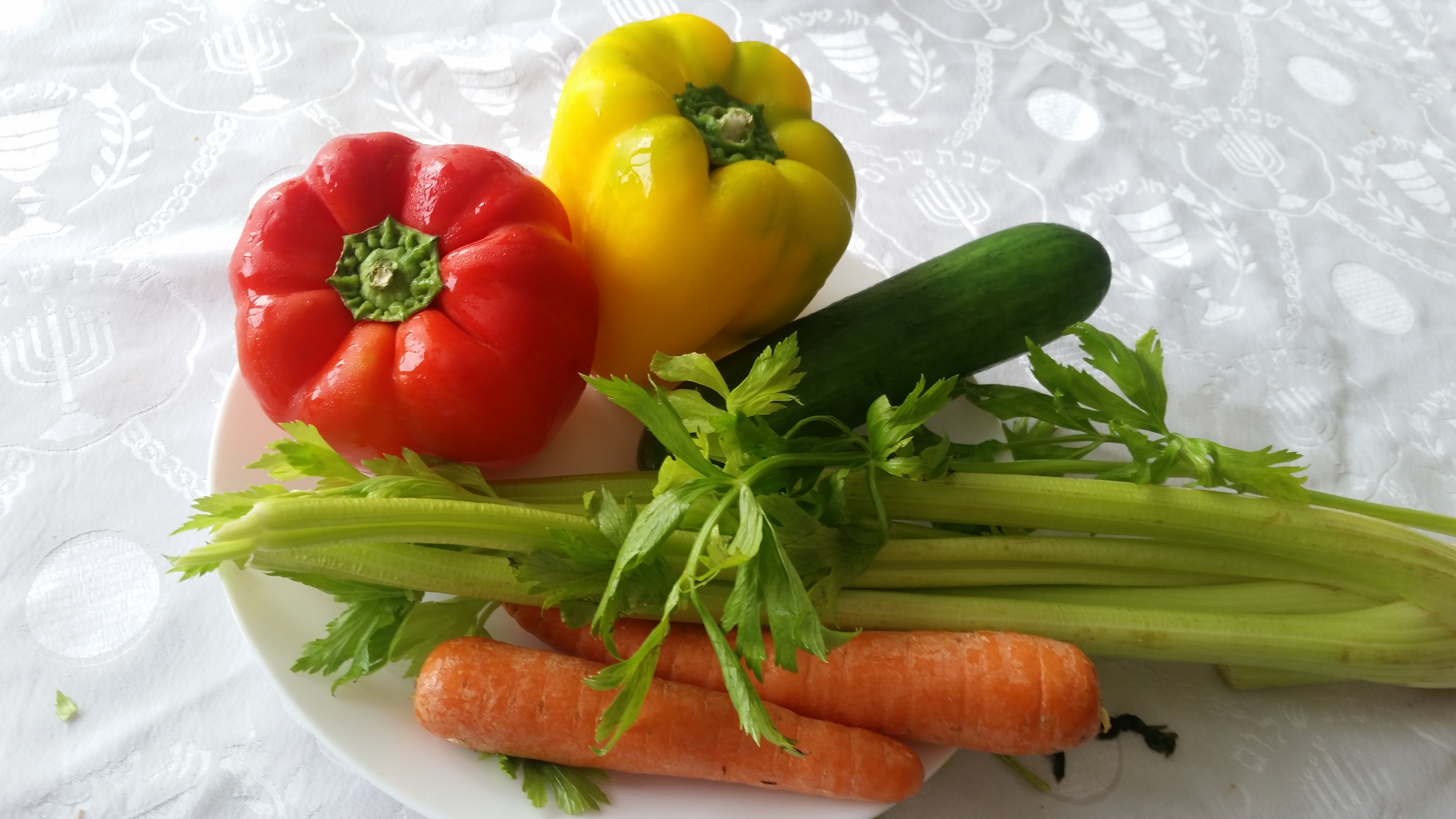
The anti-cancer diet:
25 foods that prevent cancer
1-Broccoli contains sulforaphane and isothiocyanates. These are
both phytochemicals that can work with the enzymes in your body to
fight cancer. Broccoli is also an excellent source of Vitamins C and K.
Love a bunch these little green trees, especially lightly steamed.
2-Tomatoes – You can eat tomatoes in salads, make soup, sauces and
many other dishes. Stay well away from eating the stems and leaves, but
the flesh is also a moderate source of Vitamin C. Some studies suggest
lycopene, an antioxidant in tomatoes, has anticancer properties.
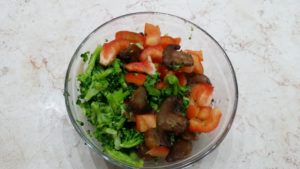
Lycopene is a naturally occurring compound that contributes to the
red color of fruits and vegetables and is a carotenoid antioxidant.
Lycopene is found in high amounts in tomatoes but is also present in
watermelons, pink grapefruits, apricots, and pink guavas. One cup
(240 mL) of tomato juice provides approximately 23 mg of lycopene.
Processing raw tomatoes using heat (e.g., in the making of tomato juice,
tomato paste, or ketchup) transforms natural lycopene to a form that
is easier to utilize by the human body.People take lycopene to help
prevent cardiovascular disease and cancer of the prostate, breast, lung,
bladder, ovaries, colon, as well as pancreas.
3-Organic non-GMO corn – Whether you cook a cob on the barbecue,
steam it, boil it, or use it as an ingredient in recipes, organic non-GMO
corn contains beta-cryptoxanthin and ferulic acid, both of which may
inhibit cancer growth. And yes, you can even pop it; just go lightly on
the butter and salt!
4-Turmeric – Mother nature’s pain relief, it works better than aspirin.
This yellow-orange color found in many curries contains curcumin, is
thought to have anticancer effects on precancerous cells in a few different
types of cancer. It is also thought to have anti-inflammatory and antioxidant
properties that can help with other conditions.
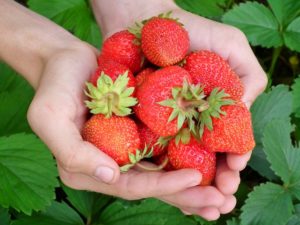
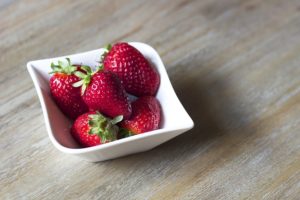
5-Good news for summer strawberry lovers, strawberries contain the
phytochemicals that are considered to have anticancer and anti-inflammatory
properties. They are also a great sauce of Vitamin C and manganese.
6-Beets – Juice ruby red babies, roast them, boil them, stem them, and make
borscht soup and salads. Both the bulbs and leaves of beets are edible and full
of good stuff. In the bulb, it is the pigment that gives beetroot its color, betacyanin,
which is thought to have anti-cancer properties.
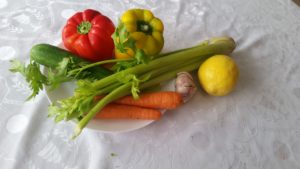
7-The anti-cancer component of carrots is also thought to be in
the pigment, the carotenoids, including beta-carotene that gives them
their orange color.Carrots are another versatile vegetable that can be
juiced, eaten raw and cooked.
8-Green tea contains polyphenols, which are thought to help with preventing
cancer cell growth. The dried leaves from this plant, Camellia sinensis, are also
thought to boost immune systems, eliminate toxins, and improve overall health.
Green tea does contain caffeine, so be cautious of drinking too much.

9-Spinach Popeye was onto something, spinach is a nutrient-dense vegetable full of all
kinds of goodies. Its cancer-fighting properties are said to be lutein and zeaxanthin.
You will get the best benefits from it raw in salads, but you can also cook it and
add it to soups – and do not forget the garlic!
10-Go for whole grains (Not Wheat) I do not eat wheat. I make my own high-fiber/
soluble-fiber oatmeal/oatbran flour almond flour and flax seed breads.
It includes lignans and saponins that act as antioxidants and may prevent cells
from multiplying. Having a high fiber diet is also thought to be better for
eliminating waste and preventing cancer risk. Eliminate gluten. Limit carbs
and sugar, especially eliminate artificial or processed sweeteners.
They feed cancer!!
Instead use 100% pure maple syrup, raw honey, coconut sugar, apple juice.
molasses.
11-Both black raspberries and red raspberries contain proanthocyanidin,
thought to be an inhibitor of cancer and tumor growth. They are also a rich
source of Vitamin C and Manganese. Enjoy fresh raspberries, add them to your
cereals, combine them with lemons for homemade lemonade, or drink raspberry tea.
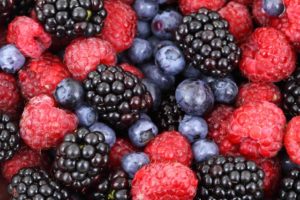
12-Ground Flaxseed, aka linseed, contains high levels of lignin, an antioxidant,
and phytonutrient, which is said to help prevent cancer. Just a tablespoon of these
little seeds ground and added to any number of dishes has health benefits due to
their levels of protein, B Vitamins, and minerals.
13-Dried kidney and black beans, lentils, chickpeas, and split peas
contain lignans and saponins that may protect against cancer. They are all also
excellent sources of protein and fiber. Soak and rinse them before cooking, and
enjoy the benefits.
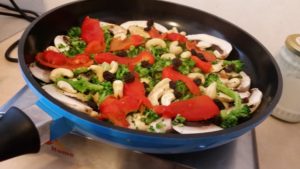
14-Walnuts contain alpha-linolenic acid, an Omega-3 fat and high amount of many
antioxidant polyphenols and phytochemicals thought to help prevent cancer. They
are also high in copper and manganese. Pecans, brazil nuts, and almonds are also
thought to be good to inlude in an anti-cancer
diet. Go nuts!
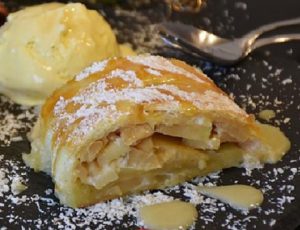
15-Apples – For the best benefits of the anti-cancer phytochemicals in apples,
eat their peel (but not their seeds). Apples also have anti-inflammatory and
antioxidant properties and are good sources of Vitamin C and fiber.

16-Brewed Coffee – Yes, good news for coffee aficionados! Good quality
coffee beans ground and prepared properly are a concentrated source of
phytochemicals.
Coffee also contains riboflavin, one of the B vitamins. All the more reason
to relish that coffee break and love your daily latte! (not instant coffee)
17-The carotenoids in various types of pumpkin and squash include beta-
carotene and alpha-carotene, lutein and zeaxanthin. All good antioxidants and
anti-inflammatories. Pumpkins and squash are also high in Vitamins A and C.
18-The phytochemicals in blueberries are called anthocyanins. Add them to
your smoothies, or breakfast dishes, these wee berries are among the highest
with antioxidant properties. They are also good sources of Vitamins C and K
and manganese.
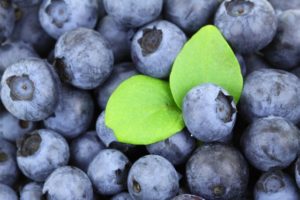
19-Mushrooms of certain varieties are thought to have anti-cancer and antiviral
properties. These include Asian reishi, maitaki, agaricus blazei muril and Turkey
tail varieties. Even though you may not be able to pick these up in your local
supermarket, common types of mushrooms are high in selenium and Vitamin D.
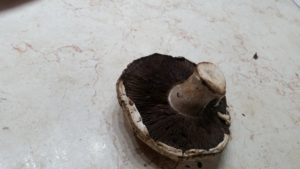
20-The humble onion is thought to have many anti-cancer compounds. These
include organosulfur compounds, quercetin and anthocyanins thought to lower
the risk of many types of cancer. Different varieties such as spring onions, shallots,
brown/yellow and red onions have different strengths.
21-Kale This curly leafy green veg, in the cabbage, broccoli and Brussel sprout
family but without a head, is a good source of organosulfur compounds thought
to help reduce the risk of cancer. Kale is also high in Vitamins K, A, C, B5, folate
and manganese.
22-Lemons and other citrus fruits contain the phytochemicals d-limonene and
terpenes, thought to help halt the growth of cancer cells. Juice them and use the
peel for added nutritional benefits. They are also rich in Vitamin C.
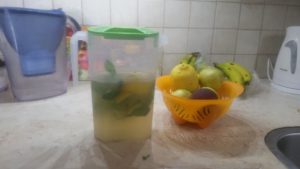
23-Sweet potatoes have a high carotenoid and phenolic content, thought to help
contribute to the prevention of cancer. They also have antioxidant and anti-
inflammatory properties and are high in Vitamin A and dietary fiber.
24-Spice up your life with peppermint, basil, thyme, and rosemary in your cooking.
There are also a few common herbs that contain compounds that are thought to help
with inhibiting the growth of cancer cells. Most are easy to grow fresh in small pots
and add to your culinary creations!
25 – Garlic Use garlic liberally in your cooking whether you crush it, grate it, or
roast it. It is thought the sulfur compounds in garlic can help with reducing the
risk of developing a few different types of cancer.
Garlic is also a good source of Vitamins B6 and the mineral manganese.

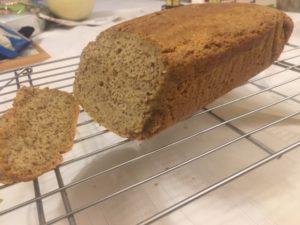



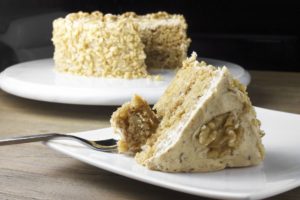

You must be logged in to post a comment.